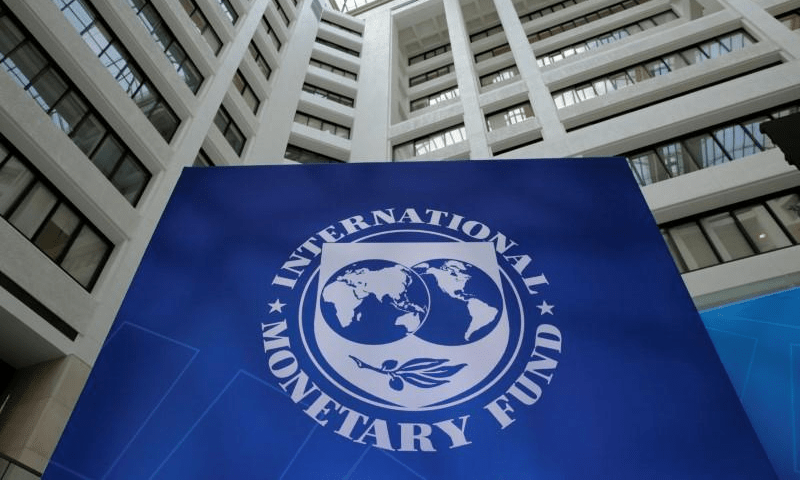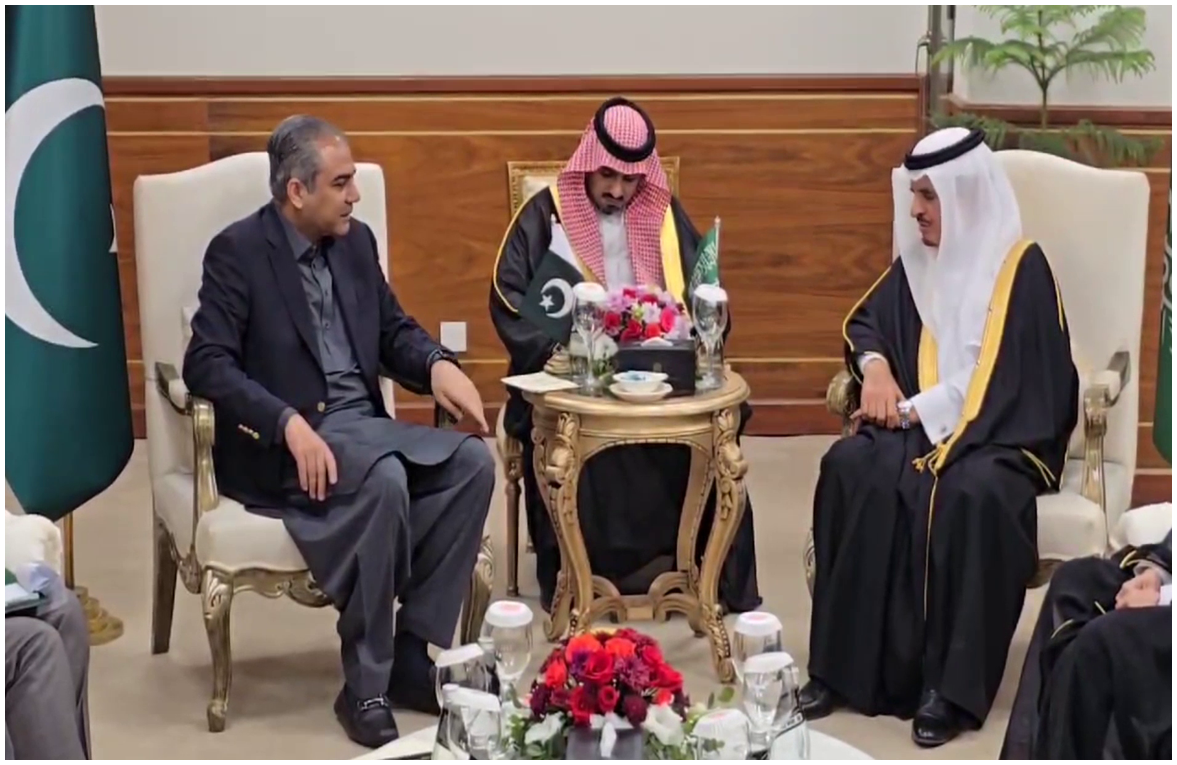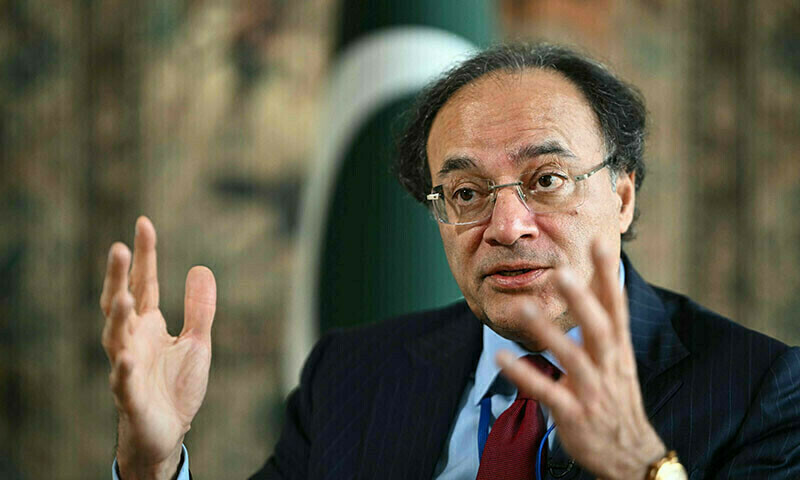TRADE & ECONOMY

The International Monetary Fund (IMF) on Saturday urged Pakistan to transfer greater social and development responsibilities to provinces. This recommendation followed the IMF’s unscheduled staff visit from November 12 to 15, during which critical fiscal and structural reforms were discussed.
The visit, which came within six weeks of the approval of a $7 billion Extended Fund Facility (EFF), focused on fiscal data revisions, structural energy reforms, and efforts to broaden the tax base. The formal review of the EFF is scheduled for the first quarter of 2025.
Key Takeaways from the IMF Mission
In an end-of-mission statement, IMF mission chief Nathan Porter commended Pakistan’s commitment to economic reforms. Porter highlighted the need for prudent fiscal and monetary policies, revenue mobilization, and reduced state intervention to foster private sector development.
Porter emphasized that strong program implementation could lead to a more inclusive and prosperous Pakistan, improving living standards for all. He also pointed to the significance of energy sector reforms, citing their role in restoring the sector’s viability amid concerns over the financial health of Pakistan State Oil (PSO) and gas companies.
Provincial Responsibilities and Fiscal Adjustments
For the first time under an IMF program, provincial governments were directly involved in discussions. Punjab’s fiscal position was a focal point, with a rare data revision turning a reported Rs160 billion deficit for Q1 FY2024-25 into a Rs40 billion surplus. This adjustment allowed Pakistan to meet the IMF’s provincial cash surplus target of Rs342 billion.
However, smaller provinces raised concerns over IMF recommendations to remove wheat price supports, warning of potential food security risks in underdeveloped regions like Khyber Pakhtunkhwa and Balochistan.
The IMF acknowledged these challenges and promised technical support to improve tax collection mechanisms and address capacity constraints. Sindh, meanwhile, has yet to finalize its stance on financing new responsibilities, such as contributions to the Benazir Income Support Programme and devolution of development projects.
Revenue Shortfalls and Future Commitments
With a Rs190 billion revenue shortfall recorded between July and October, Pakistan has until February 2025 to address the gap. Formal review talks in March will assess compliance with structural benchmarks for the disbursement of a $1 billion tranche.
Additionally, Pakistan has applied for $1.2 billion in climate financing under the IMF’s initiative to support countries most impacted by climate disasters.
Broader Economic Context
The IMF has historically emphasized the need for tax base expansion in Pakistan. Despite agricultural tax legislation passed in Punjab, enforcement challenges remain significant. Officials estimate agricultural tax revenues could increase from the current Rs10 billion to Rs230 billion annually, with a long-term target of Rs1 trillion.
The IMF’s staff visit marks another chapter in Pakistan’s long history with the lender, having sought 23 bailouts since 1958. The government now faces the dual challenge of meeting IMF benchmarks while ensuring economic stability and social equity in the provinces.
Next Steps
The IMF’s next mission for the formal review of the EFF is expected in early 2025. In the meantime, Pakistan must balance economic reforms with its fiscal and social responsibilities to meet program requirements and secure further disbursements.




